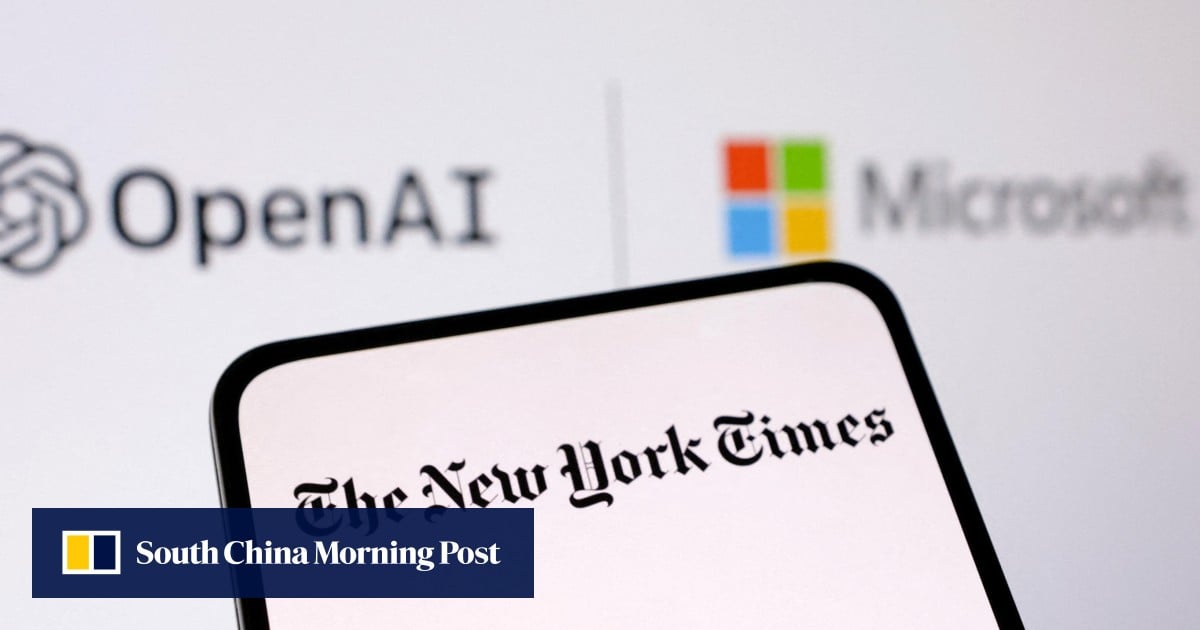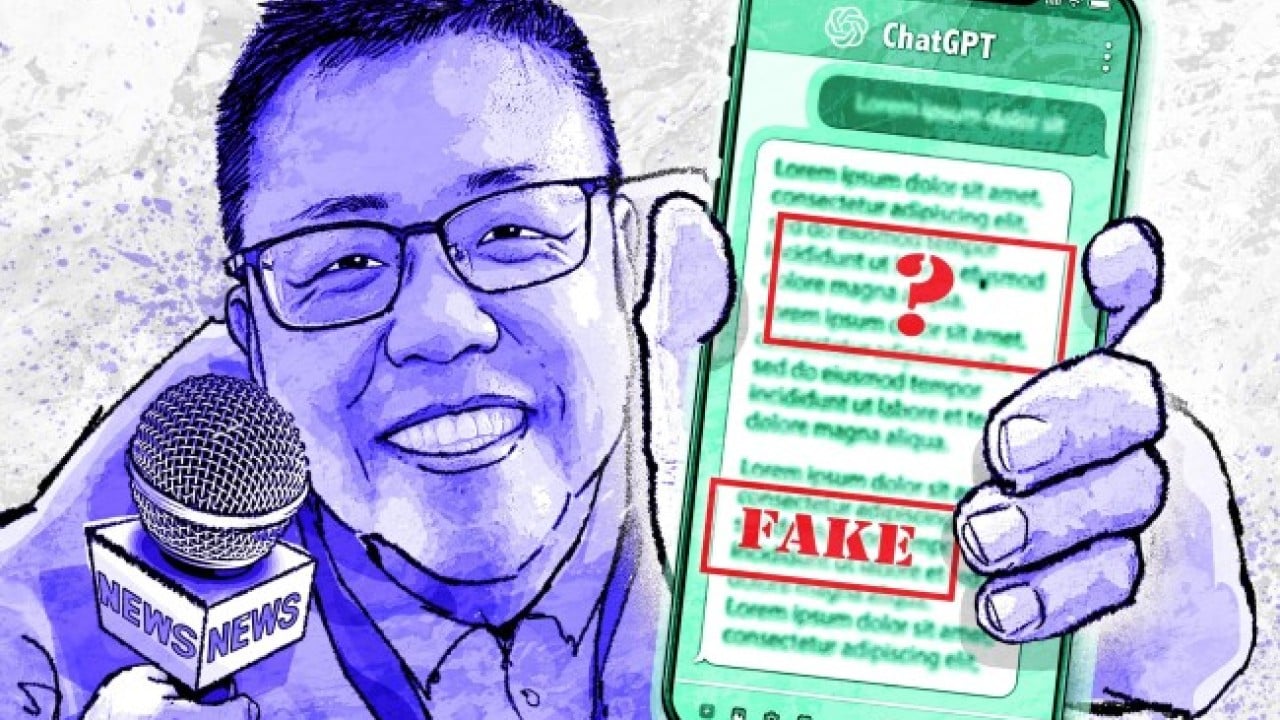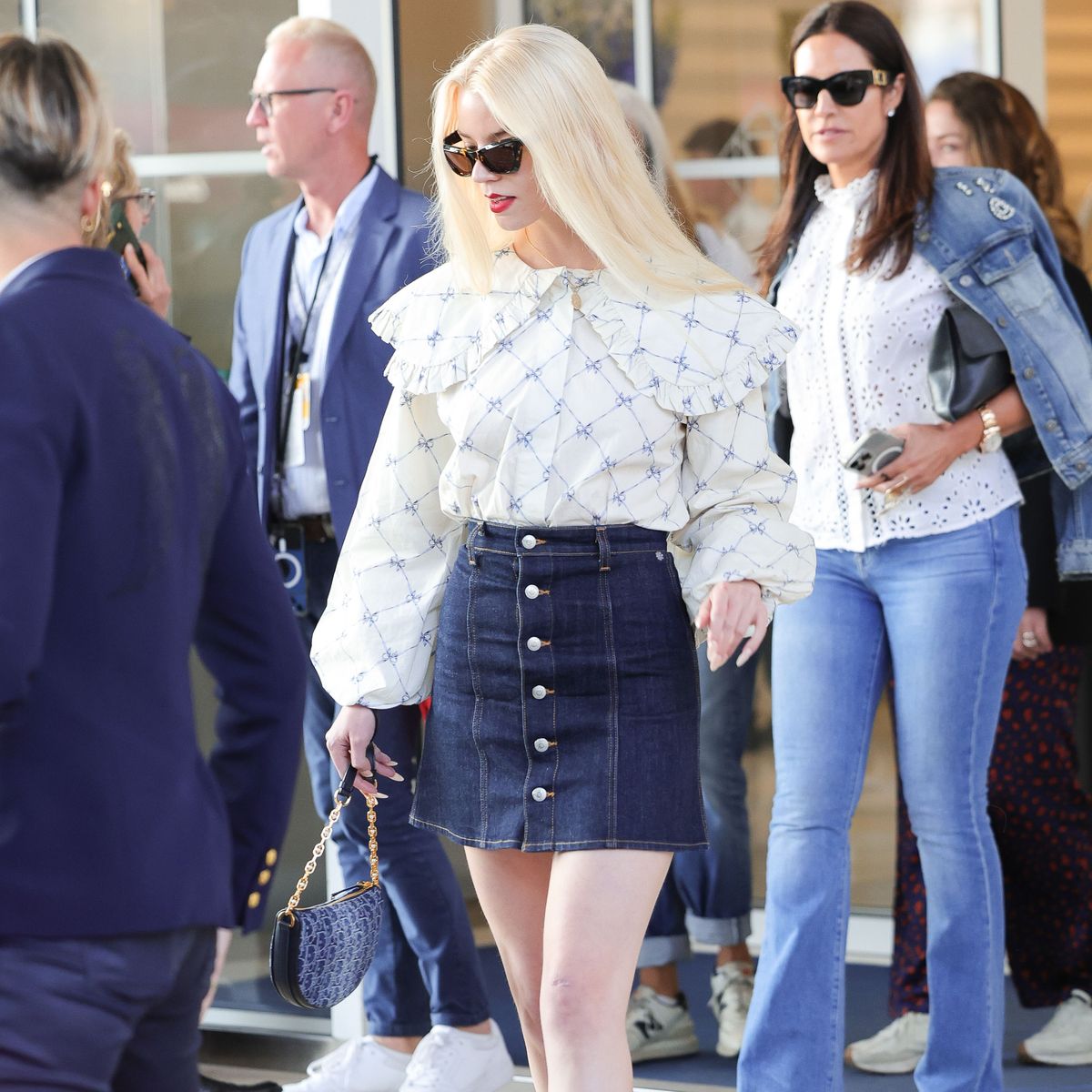With the suit, The New York Times also chose the more confrontational response to the sudden rise of AI chatbots, in contrast to other media groups such as Germany’s Axel Springer or the Associated Press that have entered content deals with OpenAI.
“If The Times and other news organisations cannot produce and protect their independent journalism, there will be a vacuum that no computer or artificial intelligence can fill,” said the Times’ complaint.
“Less journalism will be produced, and the cost to society will be enormous.”
Meet OpenAI boss Sam Altman, who’s back in the ChatGPT developer’s CEO chair
Meet OpenAI boss Sam Altman, who’s back in the ChatGPT developer’s CEO chair
The Times is seeking damages, as well as an order that the companies stop using its content for the training of AI models – and destroy data already harvested.
While no sum is specifically requested, the Times alleges that the infringement could have cost “billions of dollars in statutory and actual damages”.
Microsoft, the world’s second biggest company by market capitalisation, is a major investor in OpenAI, and swiftly implemented the powers of AI in its own products after the release of ChatGPT last year.
The AI models that power ChatGPT and Microsoft’s Copilot (formerly Bing) were trained for years on content available on the internet, under the assumption that it was fair to be used without compensation.
But the lawsuit, filed in a federal court in New York, argued that the use of the Times’ work was unlawful notably because the new products created a potential rival to news publishers.
OpenAI said it was “surprised and disappointed” by the lawsuit given that it was in talks with the Times over the issue that were “moving forward constructively”.
“We’re hopeful that we will find a mutually beneficial way to work together, as we are doing with many other publishers,” an OpenAI spokesperson added.
But the Times said that in its attempts to seal a content deal with OpenAI, it was told that the technology was “transformative” and therefore did not require a commercial arrangement.
“There is nothing ‘transformative’ about using The Times’ content without payment to create products that substitute for The Times and steal audiences away from it,” the lawsuit alleged.
The Times’ lawsuit cited several instances in which OpenAI and Microsoft chatbots gave users near-verbatim excerpts of its articles.
City officials in Brazil voted to pass bill written by ChatGPT in 15 seconds
City officials in Brazil voted to pass bill written by ChatGPT in 15 seconds
These included a Pulitzer Prize-winning 2019 series on predatory lending in New York City’s taxi industry, and restaurant critic Pete Wells’ 2012 review of Guy Fieri’s since-closed Guy’s American Kitchen & Bar that became a viral sensation.
The lawsuit also said that content generated by ChatGPT and Copilot closely mimicked New York Times style, at times falsely citing the paper as a source, and that its output was given a privileged status by OpenAI because of its reliability.
The emerging AI giants are facing a wave of lawsuits over their use of internet content to build their AI systems that create content on simple prompts.
Last year, Game of Thrones author George RR Martin and other bestselling fiction writers filed a class-action lawsuit against OpenAI, accusing the startup of violating their copyrights to fuel ChatGPT.
Universal and other music publishers have sued AI company Anthropic in a US court for using copyrighted lyrics to train its systems and in generating answers to user queries.
US photo distributor Getty Images has accused Stability AI of profiting from its pictures and those of its partners in order to make visual AI that creates original images.
Hundreds of news publishers meanwhile have used programming code to block OpenAI, Google and others from scanning their websites for training data.
With lawsuits piling up, Microsoft and AI player Google have announced they would cover the legal fees of corporate customers sued for copyright infringement over content generated by their AI.
Additional reporting by Reuters





:quality(85):upscale()/2024/05/17/905/n/3019466/d9208ced6647c1a19c9339.72267300_.jpg)

